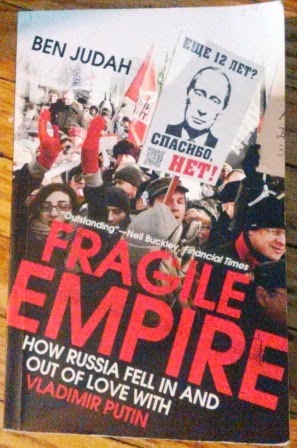First published in 2000, Mercy Among the Children is a winner of the Scotiabank Giller Prize, and a finalist for the Governor General's Literary Award and the Trillium Book Award. It's the heart-wrenching story of Lyle Henderson, an impoverished New Brunswick boy burdened by the shadow and legacy of his mistreated pacifist father.
The story is told through a frame narrative. In the prologue, it's November 1997 and Lyle introduces himself a former New Brunswick cop who quit the force years before. The main text of the book is Lyle's self-told story of growing up. The setting seemed so close to home, that I could almost see and feel the kind of town Lyle grew up in.
About halfway through, part of me wanted to stop reading because the treatment of Lyle, his father Sydney and family was so painful to read about. I kept reading and I'm glad I did. It's one of the best pieces of Canadian lit. I've read in a long time.
One small detail that really got me, was a lawsuit filed by some townspeople against a local businessman (and later the province) over the use of a toxic pesticide years before. Some of it had been buried in the ground. People got sick. Cancer rates soared. A young girl died. They received no compensation. That's real.
I look forward to reading more of David Adams Richards' work.
















